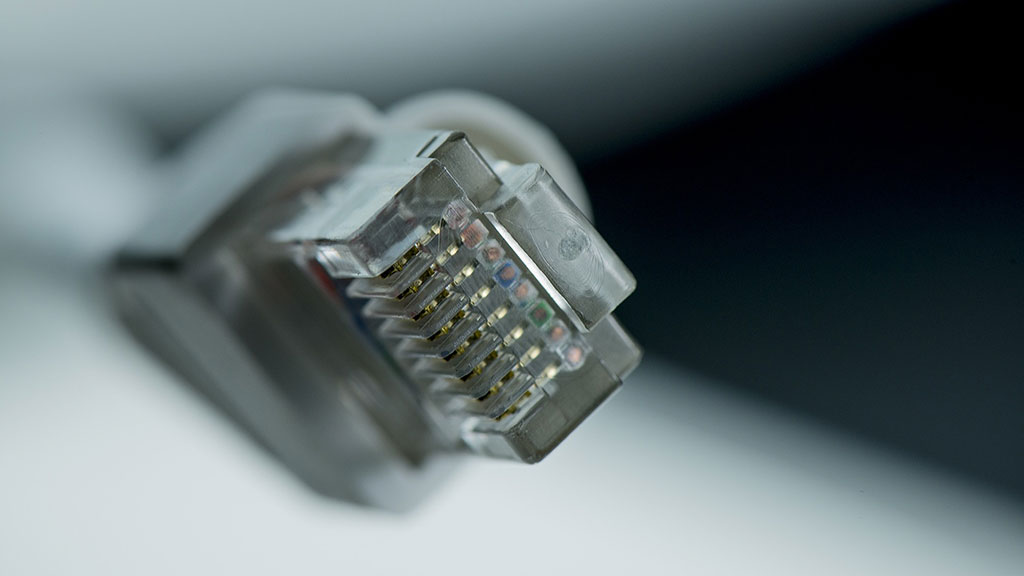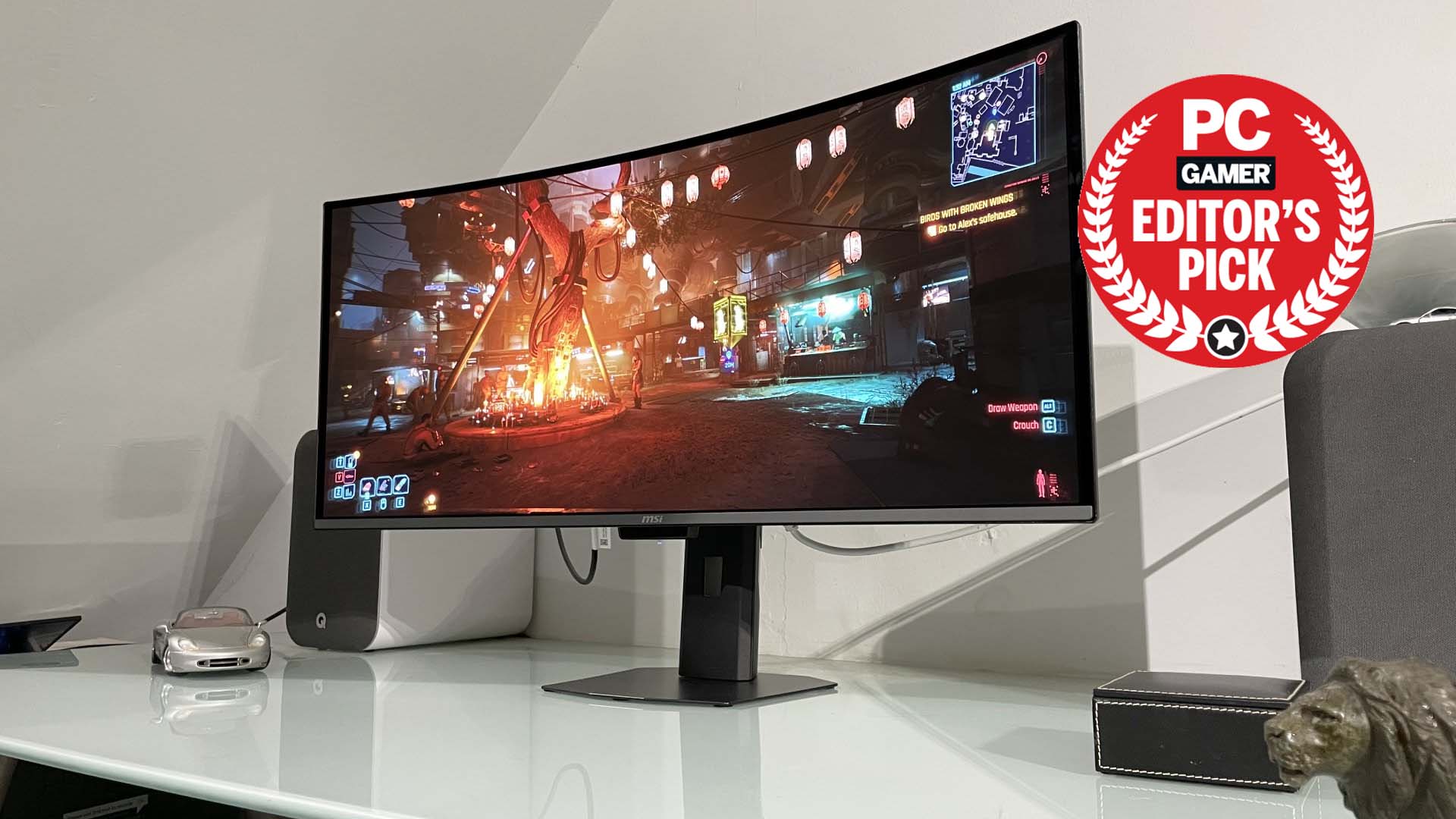If your broadband connection sucks the FCC wants to hear about it
The FCC wants to improve the accuracy of its broadband maps.

The availability and speed of broadband service in the United States could be better, there is little doubt about that. In an effort to improve both, the Federal Communications Commission is reaching out directly to consumers to share their broadband experiences, as part of its Broadband Data Collection program.
More than just a way to vent, the FCC hopes that canvassing consumers for their internet experiences will help it plot out a more accurate broadband map.
"Far too many Americans are left behind in access to jobs, education, and healthcare if they do not have access to broadband,” said Acting FCC Chairwoman, Jessica Rosenworcel. "Collecting data from consumers who are directly affected by the lack of access to broadband will help inform the FCC’s mapping efforts and future decisions about where service is needed."
Take note. We're going straight to consumers. https://t.co/bZzsFo46apMarch 22, 2021
Inaccurate broadband maps have been a point of frustration for Americans, particularly those who live in rural areas (though not exclusively). Pouring salt on the wound, the FCC in 2019, led by former chairman Ajit Pai, issued a broadband report indicating that high-speed internet service was being "deployed on a reasonable and timely basis."
That same year, Microsoft called for a "new approach for mapping broadband data to better serve Americans," noting that multiple studies showed broadband has a direct impact on jobs and GDP growth.
"The government’s most current broadband statistics come from the FCC and suggest 25 million Americans lack access to a broadband connection. There’s strong evidence, though, that the percentage of Americans without broadband access is much higher than the figures reported by the FCC," Microsoft said at the time.
Microsoft's anonymized data showed that over 160 million Americans were not using internet at broadband speeds in 2019, far more than the 24.7 million people the FCC at the time claimed were without broadband access.
Keep up to date with the most important stories and the best deals, as picked by the PC Gamer team.
Data collection is part of the problem, especially when the primary source is mapping data from ISPs and cell carriers. The hope is that by reaching out directly to consumers, the FCC can more accurately assess the true state of broadband in the US, as experienced by actual users.

Best gaming PC: the top pre-built machines from the pros
Best gaming laptop: perfect notebooks for mobile gaming
"Service providers and governments use broadband maps to make decisions about where service is needed and how to fund the expansion of broadband services. The FCC is in the process of updating its current broadband maps with more detailed and precise information on the availability of fixed and mobile broadband services," the FCC says.
You can share your experience in what amounts to a pretty basic complaint form. It asks consumers to describe their problem in "no more than 3-5 sentences," and is open-ended in nature—maybe you feel compelled to complain about data caps or costs, in addition (or in place of) speeds and availability.
The FCC also set up a new Broadband Data Collection website, where it promises to highlight milestones and provide updates for consumers. It also contains links to various related resources, including the latest broadband map.
Paul has been playing PC games and raking his knuckles on computer hardware since the Commodore 64. He does not have any tattoos, but thinks it would be cool to get one that reads LOAD"*",8,1. In his off time, he rides motorcycles and wrestles alligators (only one of those is true).


